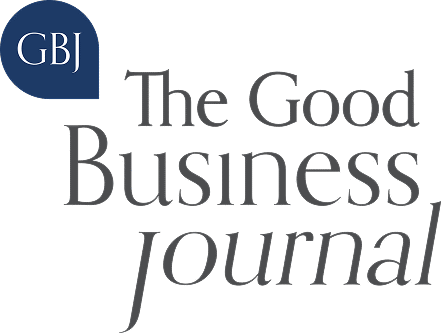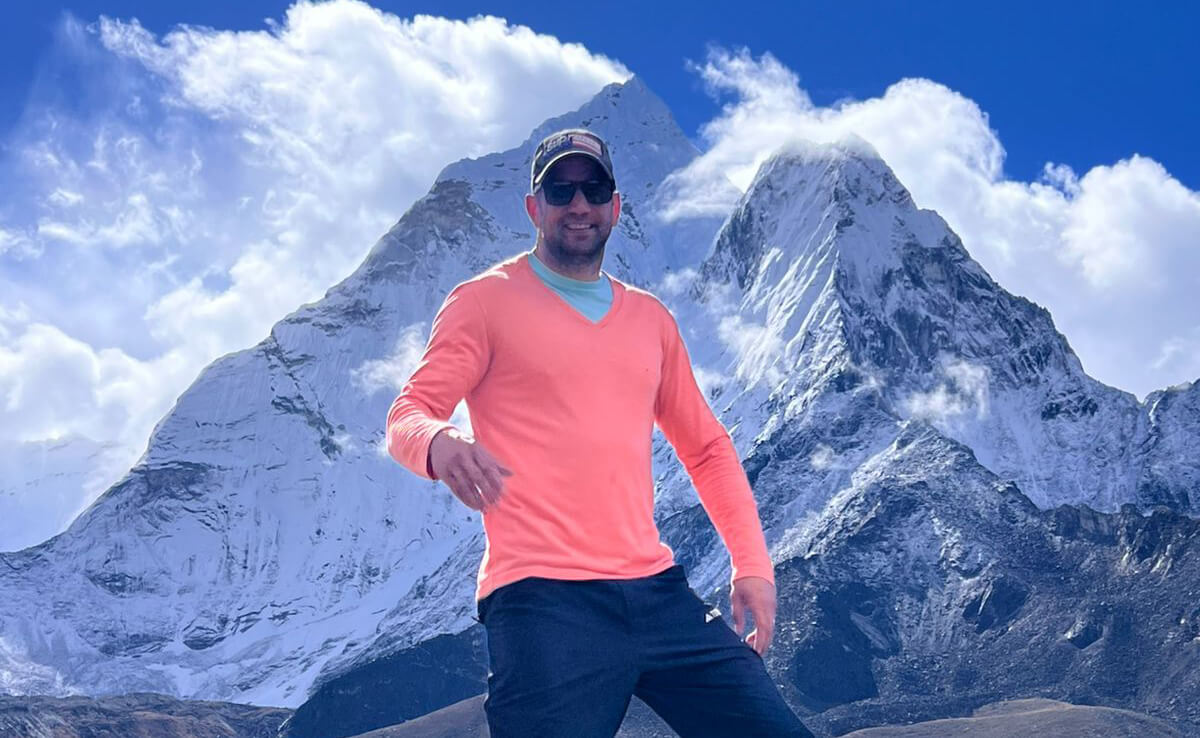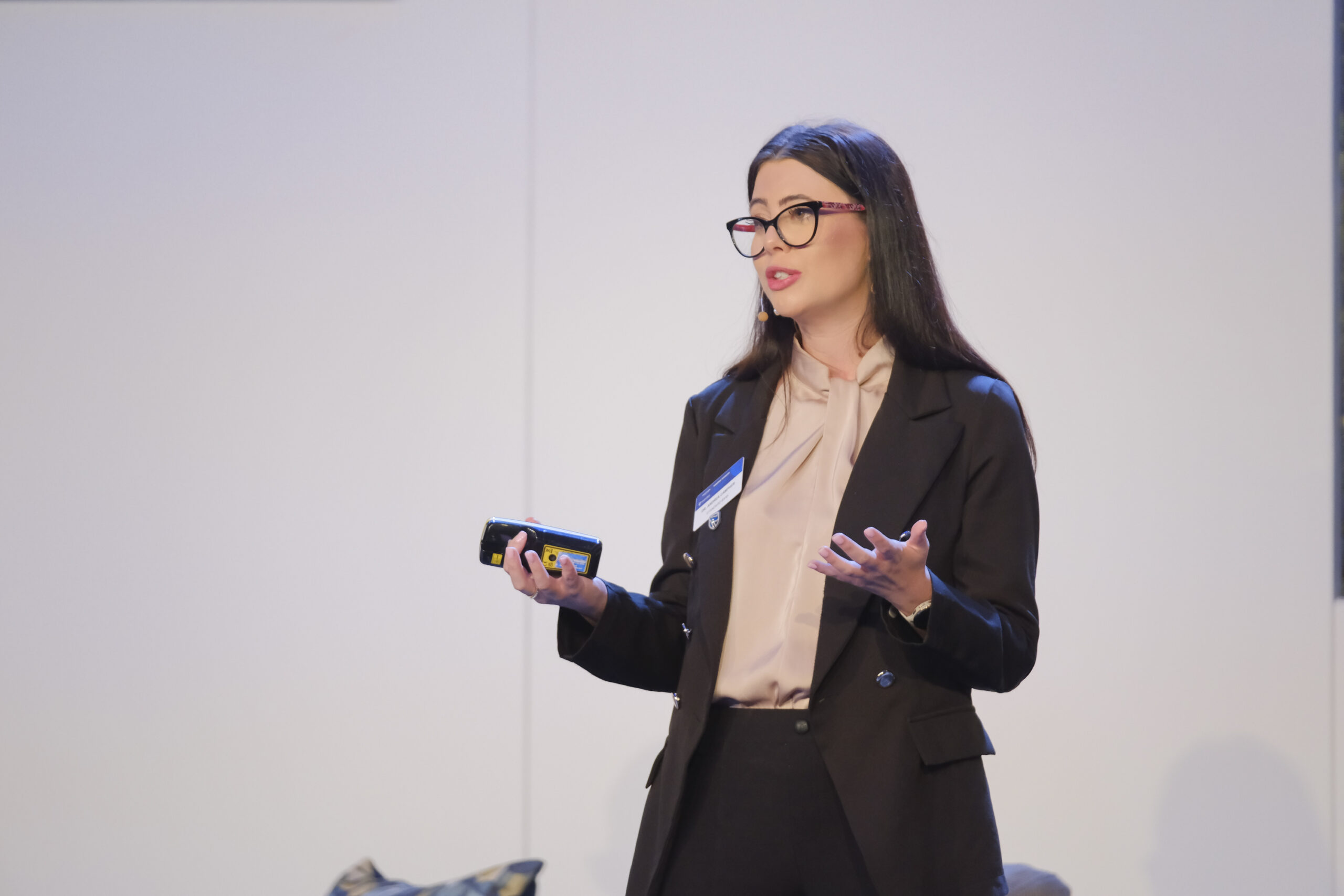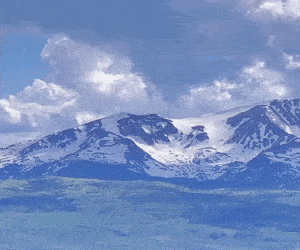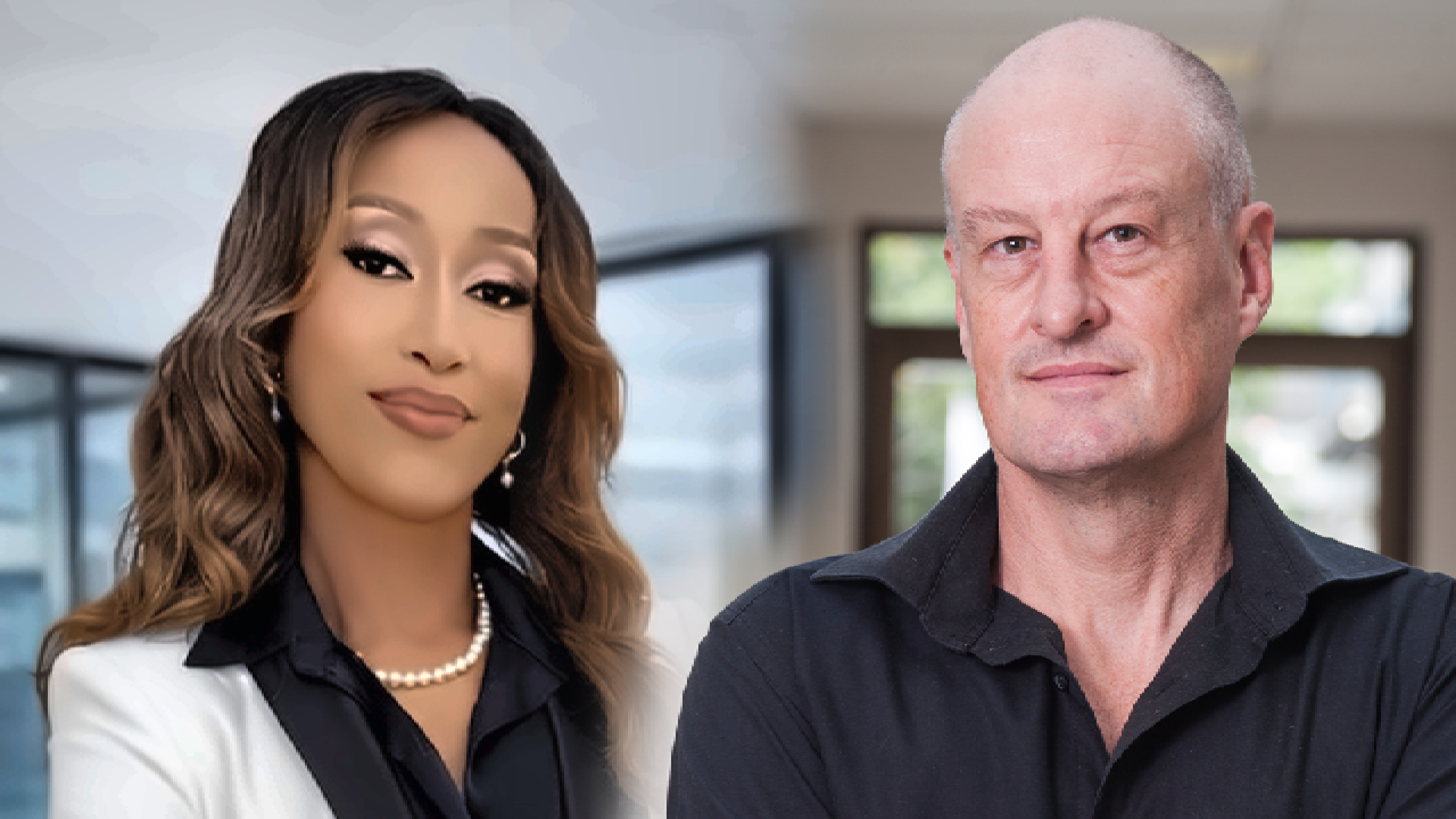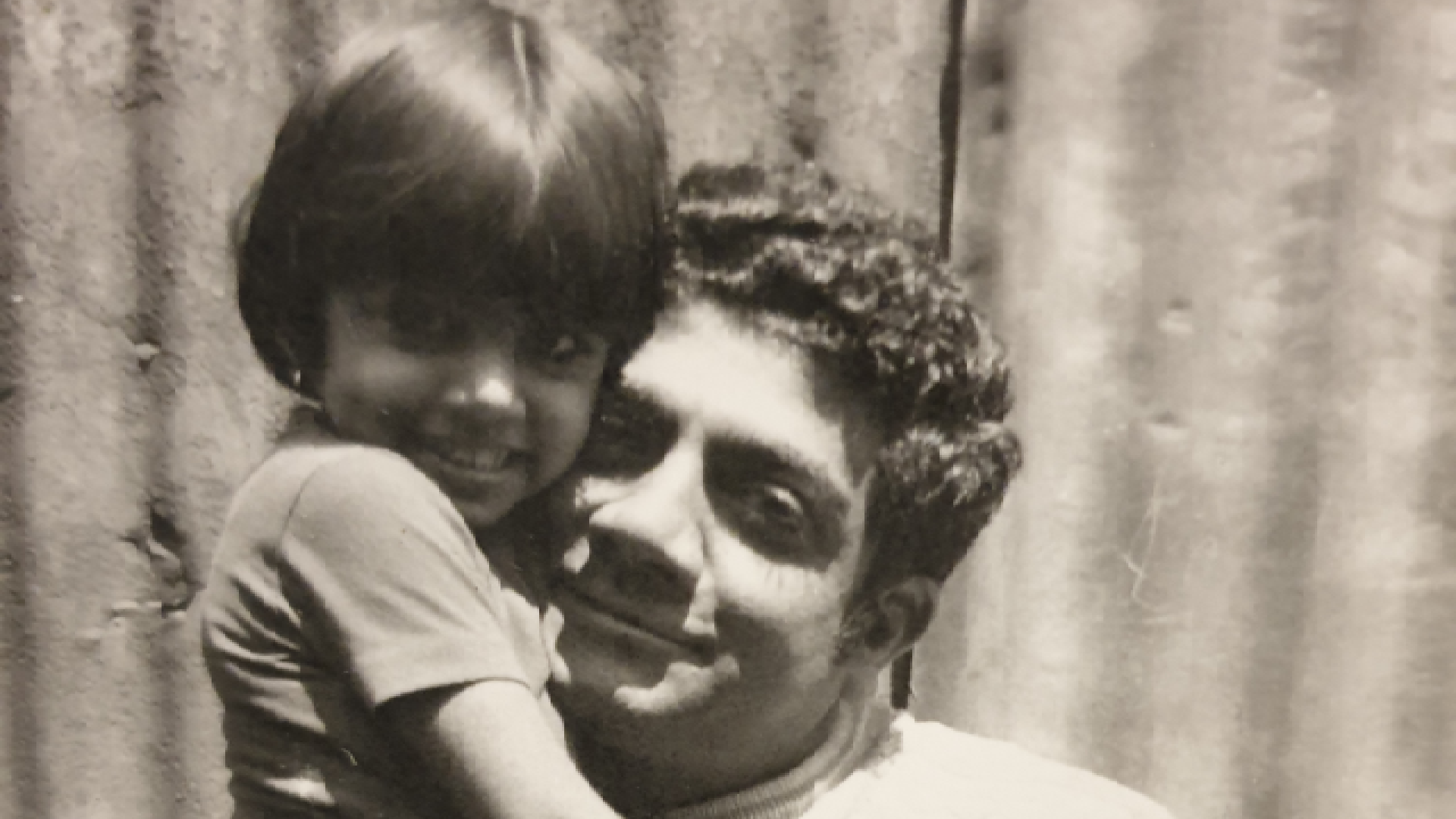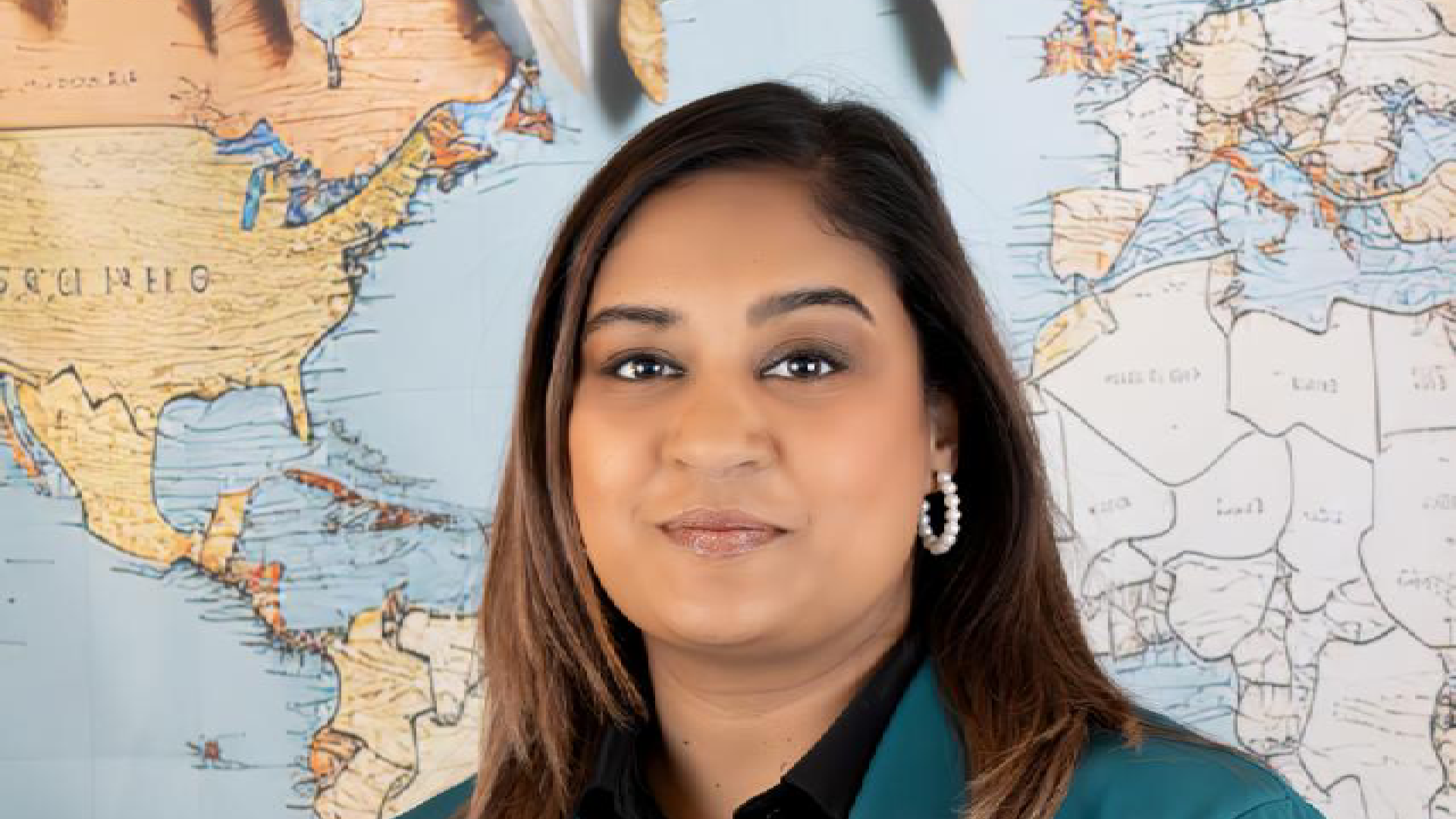Bryan Welker, Stefan Le Roux, and Jessica Rosslee sat down with businessman Lee Maree to unpack the powerful mindset, persistence, and strategies that fueled his business success in South Africa at both local and national level.
From clowning for pocket money to founding one of KwaZulu-Natal’s top architecture firms, Lee Maree has built a career defined by entrepreneurial grit and creativity. The KZN South Coast native talks resilience, business, and his trek to Everest Base Camp, sharing his lessons on effective business strategy in South Africa.
There’s something disarmingly easygoing about Lee Maree. He laughs often, answers honestly, and never sounds like he’s trying to impress anyone.
Born and raised on the south coast of South Africa’s KZN, Lee has lived many lives—architect, entrepreneur, petrol station owner, even balloon-sculpting clown. Yet beneath the humour and humility lies a mind wired for progress.
From founding Level 7 Architects to running one of the busiest petrol stations in the region, Marée’s journey is proof that resilience is the real foundation of success.
With that sense of adaptability rooted in his upbringing, we began our conversation
The Good Business Journal: Where did you grow up, and what was your childhood like?
Born and bred on the South Coast (Margate, to be exact). Everything was better when you were a kid. You had no responsibility, just friends, school, and sports.
My mom was a teacher, so I attended the local primary school where she taught, and then went on to Port Shepstone High. I played everything—athletics, swimming, rugby, cricket, and golf. If there was a ball involved, I was there.
GBJ: What inspired you to study architecture?
After high school, I went to Durban Technikon to study architecture because that’s where all my friends were headed, but what I didn’t realise at the time was that a Technikon diploma only qualified me to design up to 500 square meters. I wanted to go further, so I transferred to university, but they only credited me for two years of my four-year diploma. So, I started again: another four years, paying for everything myself.
GBJ: That must have been tough. How did you fund your studies?
I worked every December and January in England. Seven weeks as a waiter or barman covered my tuition for the year, thanks to elbow grease at the bottom of the British barrel and the exchange rate.
When I got back home, I earned extra money performing at kids’ parties where I was literally a clown. Juggling, balloon animals—the works. Those side hustles paid for my degree. When I lost those two years, it was painful financially and emotionally, but I pushed through. I knew where I wanted to be, so I just had to do what I needed to get there, even if it meant clowning around at children’s parties.
Ultimately, it taught me resilience. You do what needs to be done to get where you want to be.
And that’s something I try to pass on to my kids: never, ever give up, and don’t allow the hand you’ve been dealt to become the excuse that prevents you from realising your goals.
GBJ: You’ve said you started working before you even graduated. How did that happen?
Back then, once you had a National Diploma, you could draw plans. So, in 2002, I started doing private work on the side. My business, Level 7 Architects, got its name because both schools I studied at happened to be on the seventh floor.
By 2004, I had built enough of a business to employ my classmates. I brought in and oversaw the projects while they drew up the plans.
By 2007, when I finally qualified, I had four employees, and timing was on my side because that’s when the regulations changed to require full registration. You could say everything just lined up, but honestly, it’s because I had seen the early opportunities and dove right in. Things would have worked out differently had I simply sat back and waited.
GBJ: What drove you to work so hard in those early days?
Probably my parents’ divorce. They gave me the best possible upbringing, but watching them lose everything made me determined never to let that happen to me or my kids. I decided early on that I’d work hard enough to create stability for my family. I’m not afraid of long hours or hard work. That’s the difference between people who dream and people who do.
GBJ: Tell us about Level 7 Architects today.
We’ve been recognised as the top firm in the Southern KZN region for 11 years running. We handle over a hundred projects a year now. I’ve only got four staff, but they’re the right four. That’s what matters—loyalty, accountability, and ambition. You can’t teach those things.
GBJ: How do you choose your team?
I look for people who share my values. Time-conscious, respectful, mature. It takes a certain type of temperament to face a tight deadline and to make sure that it’s met. You’re sharing more than just office space with your team; you’re sharing your livelihood and need to rely on each other to get things done. So it makes sense to surround yourself with people who share your vision and values. That’s what I look for in an employee.
GBJ: You also own a petrol station, completely different from architecture. How did that come about?
I’ve always loved business. I got involved in fuel retail because I saw the potential for stability and scale. We employ 31 people there, so it’s a big responsibility. Salaries come every two weeks, no excuses. I run it the same way I run my architecture firm: tight systems, honest staff, and attention to detail.
GBJ: You’ve become known locally for innovative marketing, especially your Sunday cashback promotions. Where did that idea come from?
Sundays used to be dead quiet, so I decided to flip it. We give customers cash back in their hands—not points or loyalty cards, real cash. It’s been a massive hit. Sundays are now our busiest day. I started with a huge 11-meter banner outside the forecourt, and when that blew away, I switched to social media. But in a small town like where we are, word of mouth is your strongest ally. By that stage, word was spreading, and people were already lining up on Sunday afternoons.
GBJ: What kind of projects excite you most?
Contemporary homes and resort developments. I love clients who trust us completely because I have learnt that the best results come when they give us creative freedom. Give us your vision, and let us build it for you.
The Kingdom Resort was one of my favourites—a different style than my usual, but a great challenge.
GBJ: Have you ever faced setbacks?
Plenty. We sometimes do risk work, big projects we design upfront before funding is secured. You can lose months of effort when financing falls through. But you can’t dwell on it; you move on to the next opportunity.
GBJ: You’ve built two successful companies. Do you ever feel like you’ve “made it”?
Never. The day you think you’ve made it is the day you start going backwards.
I’m always thinking, what’s next? Like Elon Musk, he doesn’t need to work, but he keeps creating. On my scale, I feel the same. I’m contributing, building, improving. That’s what keeps me going.
Q: Let’s talk about your Mount Everest Base Camp expedition. What made you do it?
It’s always been a dream of mine to see Everest, so I finally stopped postponing and just went. I did the Everest Base Camp Trek, so eight days up to base camp and seven down, about 150 kilometres in total. It was life-changing. I’m not a spiritual guy, but something happened on that mountain. You realise how small you are. It forced me to slow down, think, and talk to myself for once. It gave me perspective.
Q: And then came the blizzard.
Yeah, we were one day from base camp when it hit. Heavy snow—the heaviest recorded for that time of year; total whiteout.
We pushed through with the wind at our backs, and I had a splitting altitude headache. When we got there, the view was gone, and it was just white sky and rock. We stayed twenty minutes, took a few photos, and turned back. The next day, torrential rain. The groups who stayed behind got trapped for days. We were lucky.
GBJ: Would you call it a spiritual experience?
Definitely. Not in a religious way, but inwardly. It was the first time I truly reflected: about family, business, the future. It reminded me to take a step back and see the bigger picture.
GBJ: You must have been quite disappointed not to be able to see Everest from the base camp?
I met a few people who were on their 5th expedition without being lucky enough to have had clear weather upon arrival at base camp, so I don’t think I have the right to complain just yet.
GBJ: You also received a medal from the Queen of England for saving someone’s life. What happened?
That was at Oslo Beach, near my home. We were having a braai when a man got swept out in a rip current. His friends approached us, asking for help, and I was the only one who had lifesaving experience.
GBJ: What kind of conditions were you up against?
It’s difficult to articulate how rough the sea was that day, but the total distance I had to swim to just get to him was likely in the 600-meter range, and it took me about half an hour to pull him back to where the waves were breaking on the outside. The paramedics arrived just as we made it to shore.
He survived, and later I received South Africa’s national lifesaving award and then the Mountbatten Medal—the highest honour a civilian can get. It’s from the Queen herself.
GBJ: That’s incredible. I’m sure that medal is hanging somewhere where everyone can see it.
It’s lying around somewhere. I very much appreciate the award, obviously, but I only did what anyone in my position would have done. If I could trade it in for something that would benefit my family or my staff in a tangible way, I’d do it in a heartbeat.
GBJ: You’ve travelled the world but always return home. What is it about South Africa that keeps you here?
Every time I land back at the airport in Joburg or Durban, I feel something shift. It’s hard to explain, and it’s a bit of a cliché at this point, but it’s that sense of Ubuntu. There’s an energy, a familiarity. South Africans are the most resilient people I’ve ever met. We deal with so much, yet we still smile, still work hard, still show up for each other. I’ve had job offers overseas, in Australia, and the UK, but I’ve always said no. As challenging as this country can be, it’s my home. This is where my heart is.
GBJ: What advice would you give to young South Africans chasing success?
Follow your passion. Don’t let anyone tell you what you can or can’t do. Hard work beats privilege. And remember, being in your forties is like being in your twenties, but with money. Enjoy it.
From clowning on weekends to conquering blizzards in the Himalayas, Lee Maree embodies the South African spirit: adaptable, relentless, and quietly extraordinary. His story isn’t just about business success. It’s about balance, bravery, and the belief that home will always be worth coming back to.
Every week, The GBJ editorial team sits down with some of South Africa’s best. With a tenacity and spirit that can create success out of nothing more than a glimmer of hope, we believe South African businesses deserve a platform to tell their stories.
Born from WDR Aspen, The GBJ wants to ask you: how are you telling your story? Reach out and let us help you with your voice.
